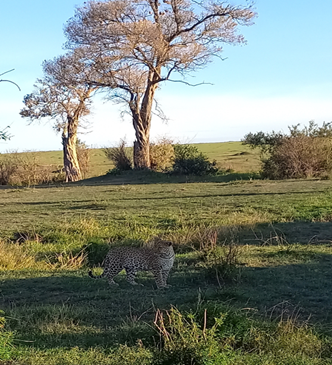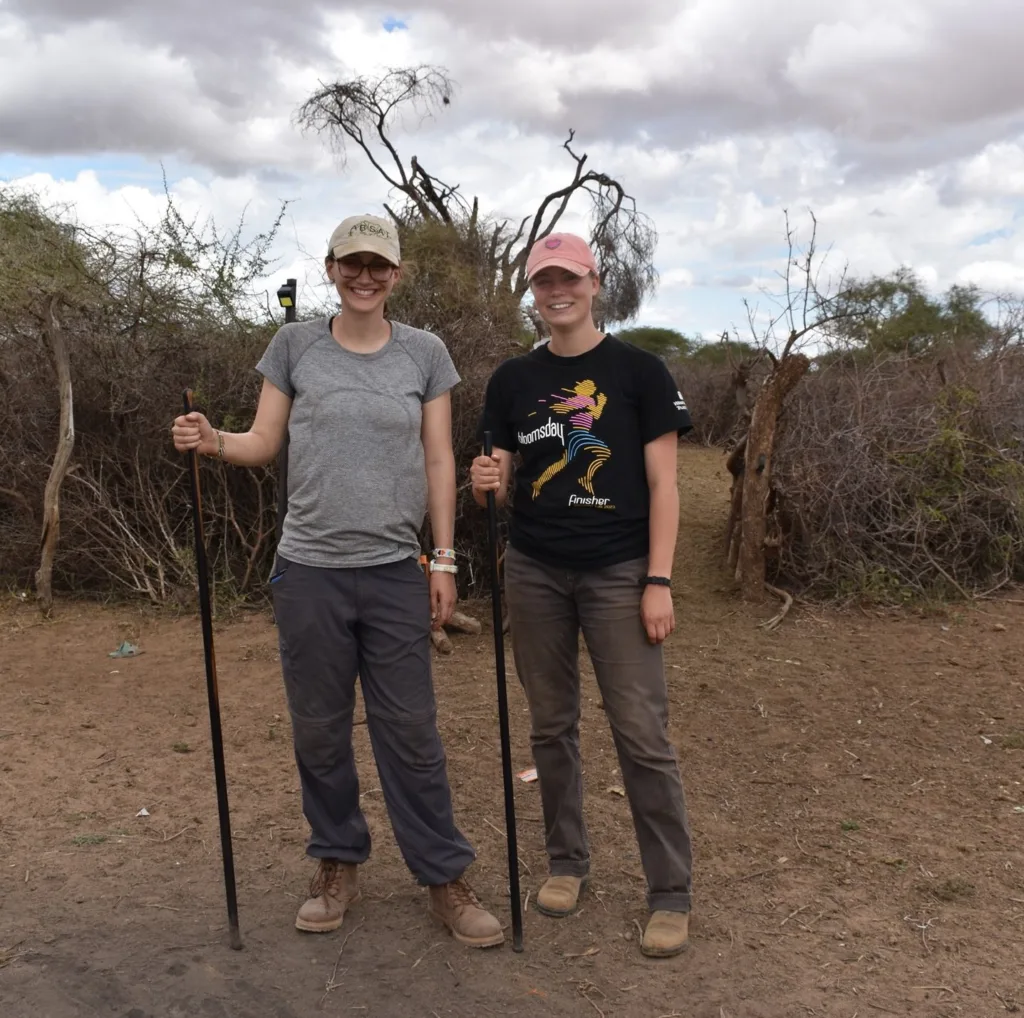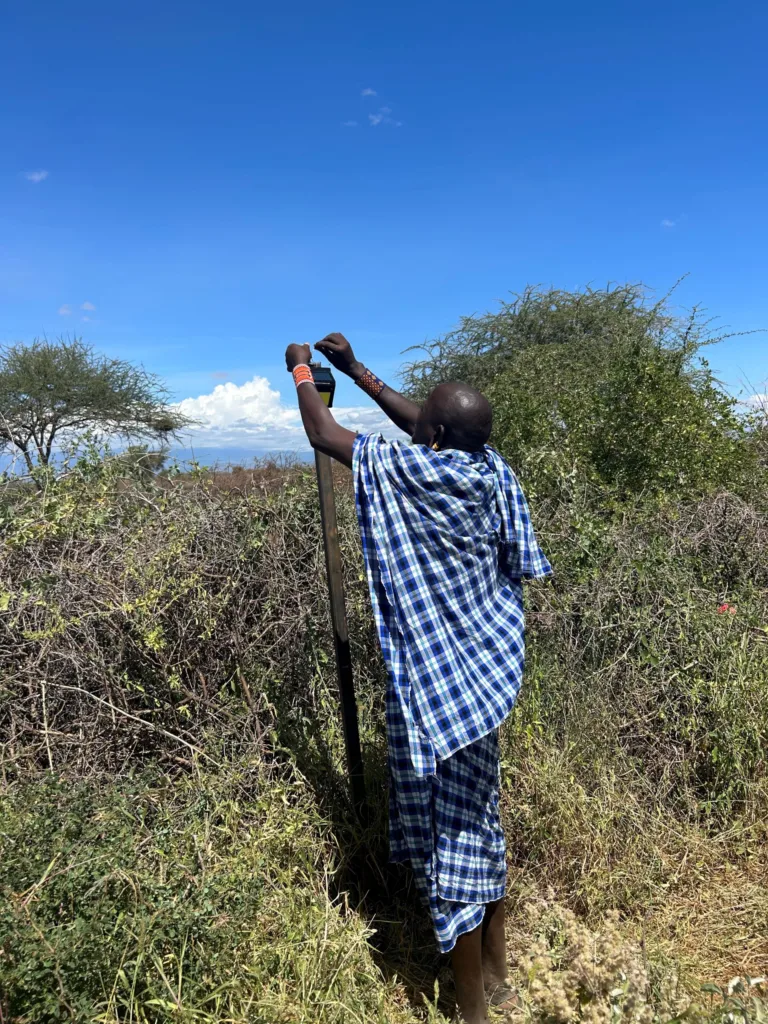From Kelp Forests to Coral Reefs
Life in South Caicos forms its own universe, far from cafes, bookstores, movies, and fresh summer peaches. Wild donkeys and horses meander down streets, into private yards, past the dive shed, onto the school’s volleyball court and up to the kitchen, where an anonymous hand tosses out an occasional apple or two. The neighbour’s dogs keep one company as one sits on the school wall after dinner, and eventually adopt a newcomer into their pack (complementary flea removal courtesy of Clyde, the brindle).
Seaward, the ocean runs in shades of aquamarine, with habitat from mangroves to deep walls found within a 5-minute boat ride. Landward, the reality of human impacts on natural systems is starkly evident. This interface between natural and developed worlds makes South Caicos an excellent location for this program. The conservation and resource management issues affecting local tropical reef and coastal systems provide opportunities for research that can contribute valuable information to local stakeholders and facilitate the development of management strategies.
Coming here to work after completing my Ph.D. in temperate rocky-reef ecology has afforded me the privilege and opportunity to learn about and work on tropical reef ecosystems from an applied perspective, and to pass on this knowledge to students. It has been a pleasure to watch the students develop from tenderfoots into confident researchers capable of applying information from their classes in environmental policy, marine ecology, and marine resource management to their own research topics. They arrived as sun-seeking hammock dwellers and they will leave as hard-working investigators able to intelligently discuss a range of current issues facing stakeholders living in developing tropical island communities with limited resources.
Related Posts


Alumni Reflections: Stories of the Return to Kenya
